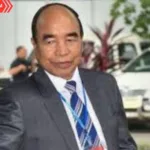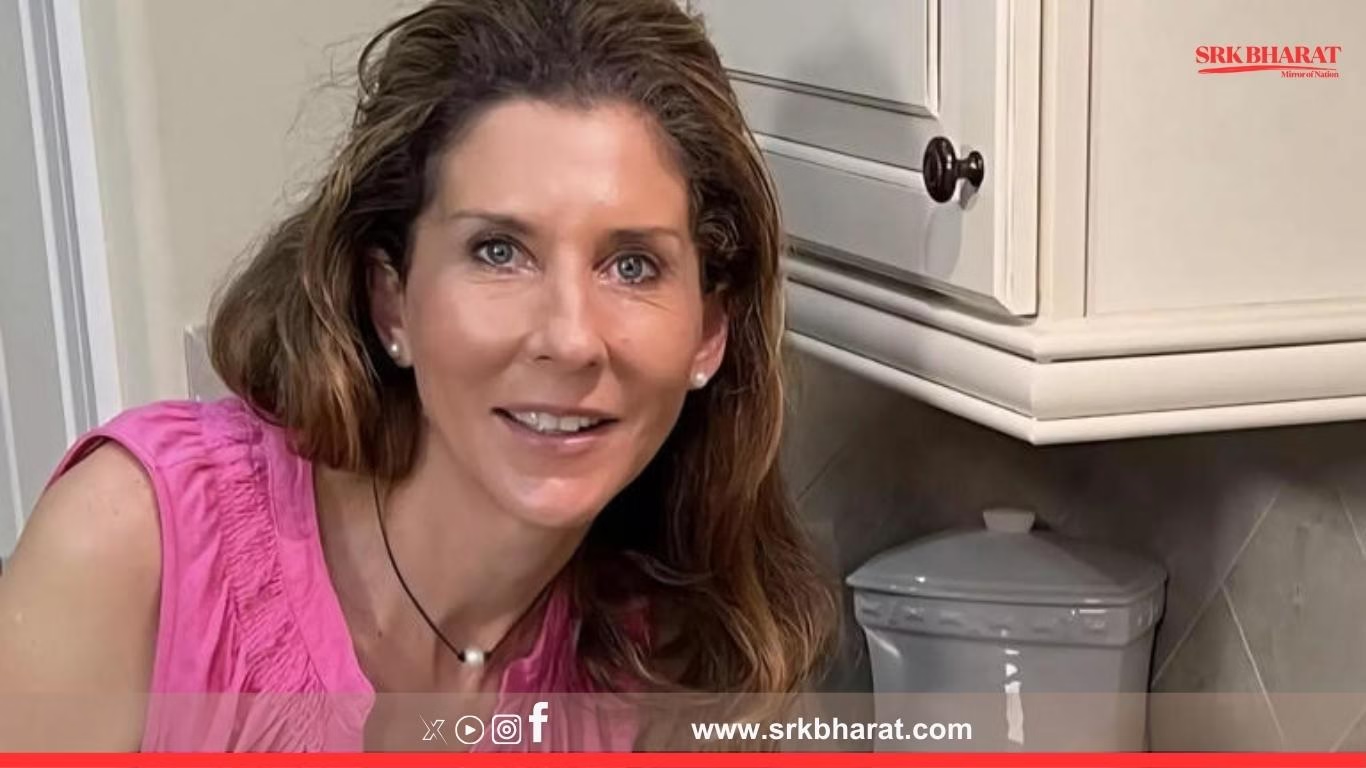Tennis legend Monica Seles, one of the most dominant players in the history of the sport, has revealed her long and private battle with a rare autoimmune disease. The nine-time Grand Slam champion, known for her unmatched mental toughness on court, opened up in an emotional interview about how the condition has impacted her health, daily life, and outlook on the future.
Early Career and Rise to Tennis Stardom
Monica Seles burst onto the professional tennis scene in the late 1980s as a teenage prodigy. By the age of 16, she had already claimed her first Grand Slam title at the 1990 French Open, defeating the then-world number one Steffi Graf.
Her aggressive baseline game, unique two-handed strokes on both forehand and backhand sides, and fearless mentality helped her dominate the sport. Between 1990 and 1992, Seles won eight Grand Slam titles and became the youngest-ever player to achieve the world No. 1 ranking.
| Year | Grand Slam Won | Opponent in Final | Age at Victory |
|---|---|---|---|
| 1990 | French Open | Steffi Graf | 16 |
| 1991 | Australian Open | Jana Novotná | 17 |
| 1991 | French Open | Arantxa Sánchez Vicario | 17 |
| 1991 | US Open | Martina Navratilova | 17 |
| 1992 | Australian Open | Mary Joe Fernández | 18 |
| 1992 | French Open | Steffi Graf | 18 |
| 1992 | US Open | Arantxa Sánchez Vicario | 18 |
| 1993 | Australian Open | Steffi Graf | 19 |
| 1996 | Australian Open | Anke Huber | 22 |
The Shock of Illness – Seles’s Autoimmune Struggle
Seles revealed that she was diagnosed with a rare autoimmune condition several years after retiring from professional tennis. Autoimmune diseases occur when the body’s immune system mistakenly attacks healthy cells, leading to chronic inflammation, pain, and fatigue.
While she did not disclose the exact condition in detail, Seles explained that it affects her energy levels, joint health, and muscle function, making even basic activities difficult on some days. She emphasized that it is a constant battle requiring medical treatment, dietary changes, and lifestyle adjustments.
Living with the Disease – A New Perspective on Life
The former champion admitted that accepting her diagnosis was emotionally challenging. “For years, I identified myself as an athlete who pushed limits, fought through pain, and never gave up. This disease taught me to slow down, listen to my body, and take care of myself differently,” Seles shared.
Daily Challenges Seles Faces:
- Persistent fatigue that can last for days.
- Joint stiffness, especially in the morning.
- Dietary restrictions to reduce inflammation.
- Need for consistent physiotherapy and low-impact exercises.
| Impact Area | Effect on Lifestyle |
|---|---|
| Physical Activity | Limited to moderate exercise routines |
| Diet | Focus on anti-inflammatory foods |
| Travel | Reduced due to fatigue management |
| Work Commitments | Selective participation in public events |
Balancing Health and Public Life
Despite the health challenges, Seles remains active in the tennis community as a mentor, motivational speaker, and ambassador for health awareness. She frequently engages in charity events, particularly those focused on mental health, women in sports, and chronic illness awareness.
She has used her platform to spread awareness about the importance of early diagnosis for autoimmune conditions, noting that many athletes may ignore early symptoms thinking they are “just fatigue from training.”
Lessons from a Life in Tennis and Health Battles
Seles says her years on the professional circuit helped her prepare mentally for the battle she now faces off the court. “Tennis taught me resilience. In matches, you don’t always control what happens—you just control your reaction. That mindset helps me with my health every day,” she said.
She also stressed the role of a strong support system, crediting her family, friends, and medical team for helping her stay positive.
How Autoimmune Diseases Affect Athletes
Seles’s story shines a light on a rarely discussed aspect of sports—how autoimmune conditions can impact elite athletes even after retirement.
Common Autoimmune Conditions Among Athletes Include:
- Rheumatoid arthritis
- Lupus
- Multiple sclerosis
- Hashimoto’s thyroiditis
- Sjögren’s syndrome
While these conditions may not directly end a career, they can significantly alter lifestyle, mobility, and long-term health.
| Autoimmune Condition | Common Symptoms | Possible Impact on Sports |
|---|---|---|
| Rheumatoid Arthritis | Joint pain, swelling | Reduced mobility |
| Lupus | Fatigue, skin rash | Sun sensitivity, weakness |
| Hashimoto’s | Weight changes, fatigue | Energy management issues |
Inspiring Others Through Advocacy
By speaking openly about her illness, Seles hopes to inspire others battling chronic health conditions to seek medical help and not lose hope. She encourages adopting a holistic health approach—balancing medical treatment, proper diet, mental well-being, and light exercise.
She is also in discussions with health organizations to create awareness campaigns about autoimmune conditions, targeting both athletes and the general public.
Looking Back with Gratitude
Despite the difficulties, Seles remains grateful for her tennis career and the opportunities it brought. “I’ve had incredible highs and some very tough lows. But every chapter has taught me something important,” she said.
Career Achievements at a Glance
| Career Milestone | Details |
|---|---|
| Grand Slam Titles | 9 |
| Olympic Medal | Bronze (1996 Atlanta, Doubles) |
| Year-End World No. 1 | 1991, 1992 |
| Inducted into Hall of Fame | 2009 |
Conclusion
Monica Seles’s revelation about her autoimmune battle adds another layer to her legacy—not just as a fierce competitor, but as a symbol of resilience, adaptability, and courage. Her journey from world tennis dominance to quietly managing a rare illness is a reminder that strength comes in many forms, both on and off the court.
Her openness may pave the way for greater public understanding and compassion toward those living with chronic health conditions, especially athletes whose struggles often remain invisible to fans.
Disclaimer: This article is based on publicly available information and statements made by Monica Seles. It is intended for informational and awareness purposes only and does not substitute for professional medical advice.











